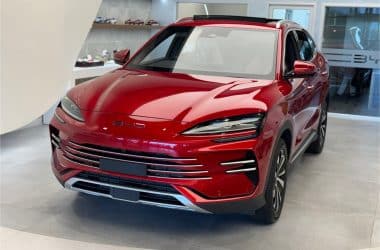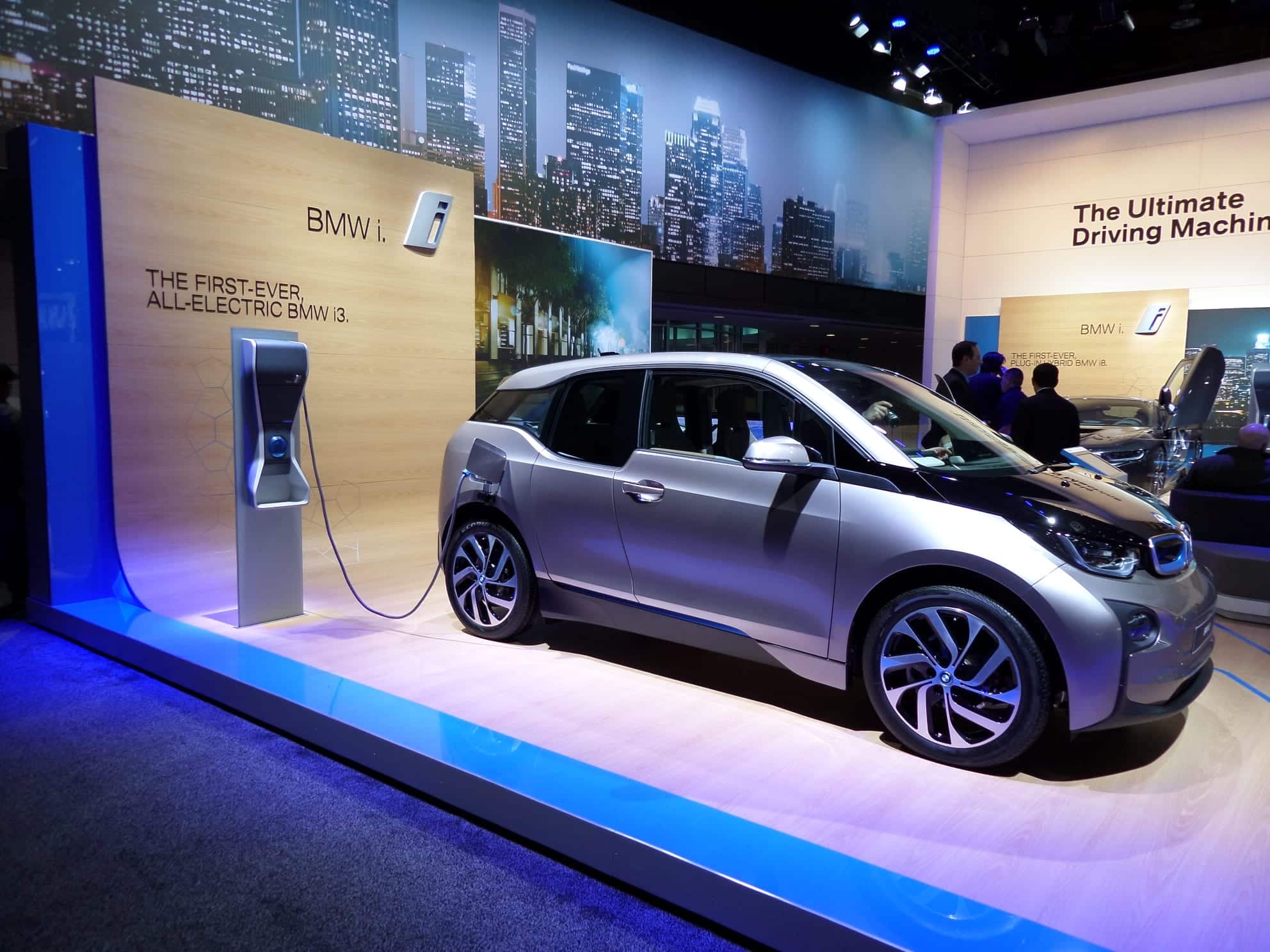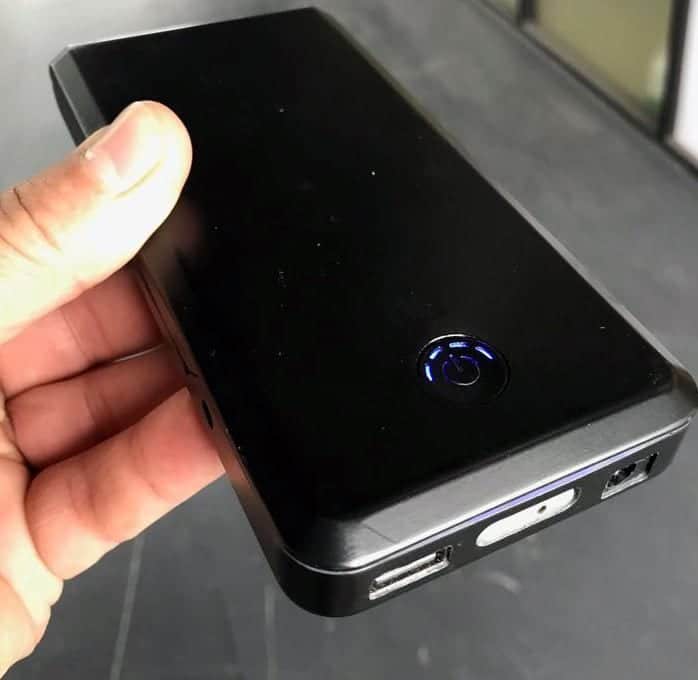With the help of funding from the Department Of Energy, Innolith has been developing a battery technology that can achieve 500 Wh/kg, according to a report from The Verge. 500 Wh/kg means that 1kg of these batteries can store 500 Wh of energy, or to put it into perspective for electric vehicles — 80 kg of these batteries could store 40 kWh of energy.
That’s a 176-pound battery for a mid-sized economy car with ample energy. Let’s look at the Tesla P90 models (which have 90 kWh batteries). A 100 kWh Innolith battery would weigh about 441 pounds (200 kg), which is 837 (379 kg) pounds lighter than the Tesla P90 batteries!
The Tesla P90 batteries weigh 1,278 pounds. A 441-pound weight reduction will absolutely make a difference in performance, handling, efficiency, and range. It could enable electric cars to travel 621 miles per charge. Tesla’s batteries are already among the best on the market (in the 200 Wh/kg range), so this is quite a leap.
I didn’t use the P100 models for this example because I couldn’t find the weight of their 100 kWh batteries.
Another benefit of such a significant weight reduction is that a smaller, cheaper battery pack can probably be used to achieve the same performance, resulting in more affordable electric cars for the mainstream car market. Technological leaps such as these could eventually make cars like the Nissan Leaf and Tesla Model 3 as common as Honda Civics and Toyota Camrys.
The Innolith battery also replaces the conventional flammable organic electrolyte with a safer inorganic one that is less reactive. Potential benefits outside of electric vehicles (if the volumetric energy density improved as much as the gravimetric energy density did) include phones with longer battery life (3 times longer),







